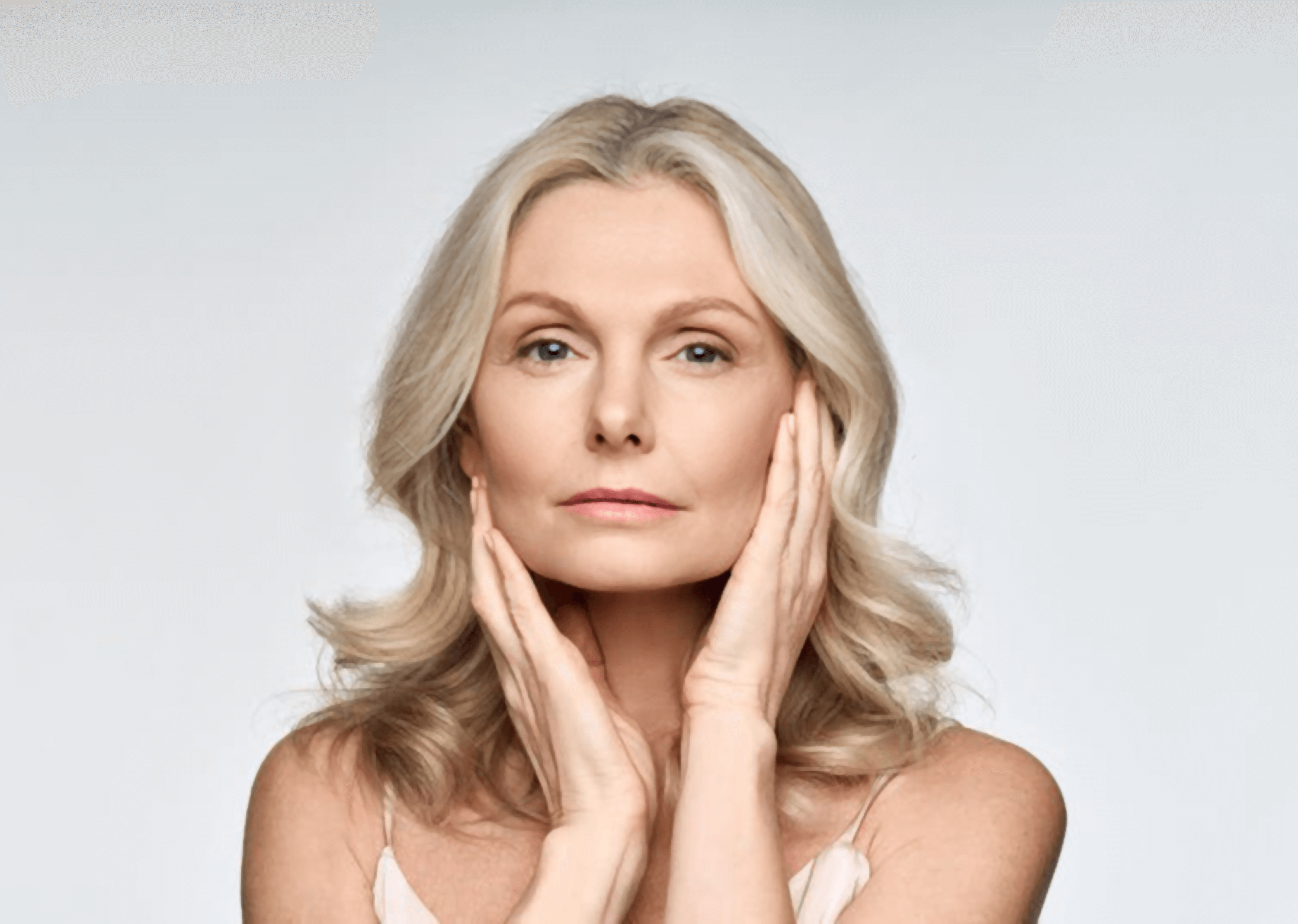Menopause is a natural stage of life that every woman goes through, typically in her late 40s or early 50s. While this transition brings about many changes in the body, one aspect that is often overlooked is its effects on the skin. As estrogen levels decline, the skin goes through a variety of changes that can be challenging to deal with. In this article, we’ll discuss the effects of menopause on the skin and provide some tips on how to treat it.
1. Dryness and Inflammation: One of the most common skin changes during menopause is dryness. This occurs due to a decline in estrogen, which is responsible for maintaining skin elasticity and moisture. As a result, women may experience rough, flaky, and itchy skin. This dryness can also cause inflammation, leading to redness, irritation, and sensitivity. To combat this, it is essential to use a hydrating moisturizer that contains ingredients such as hyaluronic acid or ceramides. These ingredients help to replenish moisture and strengthen the skin’s barrier, reducing inflammation and improving overall skin texture.
2. Wrinkles and Fine Lines: As estrogen levels drop, collagen production also decreases, leading to a loss of skin elasticity. This can result in the appearance of fine lines and wrinkles, particularly around the eyes, mouth, and neck. To combat this, it is crucial to incorporate products containing retinoids into your skincare routine. Retinoids are known for their anti-aging properties, stimulating collagen production and promoting cell turnover, resulting in smoother and younger-looking skin.
3. Acne and Breakouts: While most people associate acne with puberty, it can also be a frustrating side effect of menopause. As estrogen levels decline, testosterone becomes the dominant hormone, leading to an increase in oil production. This excess oil can clog pores and result in breakouts, mainly around the chin and jawline. To keep acne at bay, it is essential to use gentle cleansers and exfoliators regularly. Also, incorporating products containing salicylic acid and benzoyl peroxide can help to control oil production and prevent breakouts.
4. Age Spots and Hyperpigmentation: Another common concern during menopause is the appearance of age spots or hyperpigmentation. This is due to a decrease in estrogen levels, which affects the skin’s ability to repair itself from sun damage. As a result, dark spots may appear on the face, hands, and chest. To address this, it is crucial to use products with ingredients like Vitamin C, which can brighten the skin and fade dark spots over time.
Additionally, it is essential to always wear sunscreen to protect the skin from further damage. In addition to these skincare concerns, menopause can also affect the skin’s overall health and make it more susceptible to other conditions like rosacea and eczema. To mitigate these effects, it is crucial to maintain a healthy lifestyle by eating a balanced diet, exercising regularly, and reducing stress levels. These lifestyle factors can help to improve overall skin health and alleviate menopause-related skin issues.
In conclusion, menopause can bring about various changes in the skin, but with the right skincare routine and lifestyle choices, it is possible to keep the skin looking healthy and radiant. Incorporate products that target specific concerns like dryness, wrinkles, and acne, and don’t forget to always wear sunscreen. Remember, this is a natural transition, and with proper care, you can embrace this new stage of life with confidence and beautiful skin.

